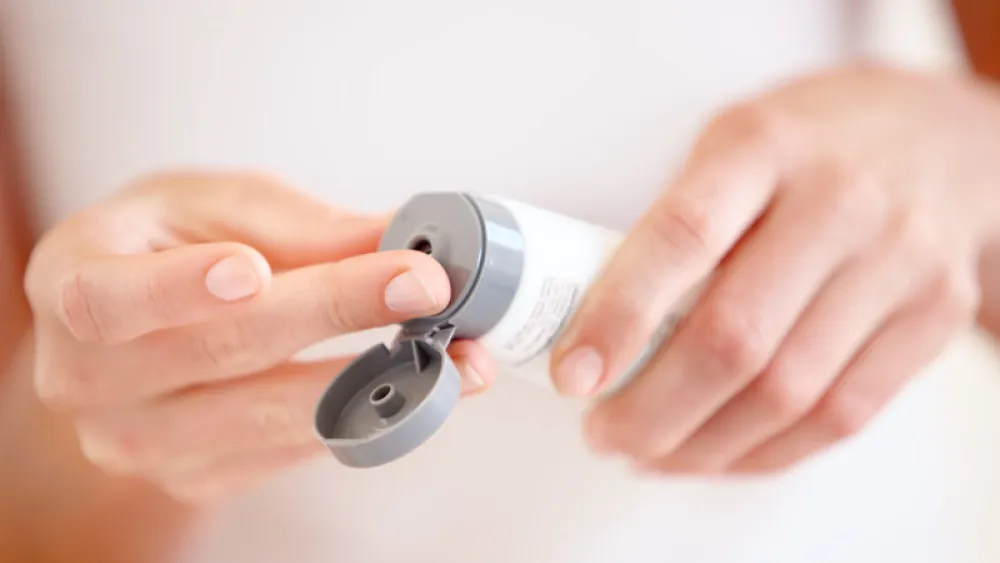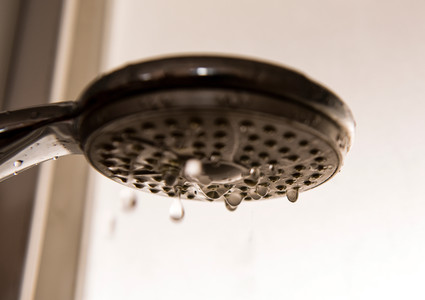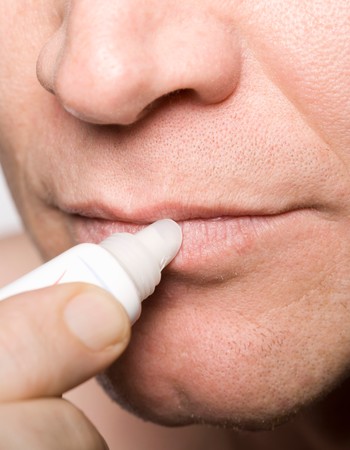Today's Medicine
Winter Skin Care: The Do's and Don'ts of Lotion, Soap and Sunscreen


Winter in the Midwest isn’t for the faint of heart.
On top of the cold, the wind and whatever precipitation Mother Nature throws at you, winter can take its toll on your skin. The resulting dry skin and eczema are annoying and can become painful, but there are things you can do to prevent and treat them.
Here are some answers to common questions my patients ask, and treatments I recommend.
What causes dry skin?
In the fall and winter, I see an increase in patients coming in with dry, itching skin. It’s also a tough time of year for people with eczema, a separate medical condition characterized by inflammation, itching and rashes that don’t always have an obvious cause. Children and adults with eczema often experience flare-ups, and many adults with no history of eczema develop eczema-like rashes.
What’s causing all of this? The possible culprits include:
- Low humidity, which allows moisture in your skin to evaporate faster
- Indoor heating, which dries the air further
- Hot showers
- Certain soaps
- Frequent hand-washing
- Limited use of moisturizing hand and body lotions
- Chemicals in laundry detergents and dryer sheets
Further, as we age, our sebaceous glands (oil glands) make less oil. So people without a history of eczema can develop it as adults, especially in the winter.
 How can I prevent dry skin?
How can I prevent dry skin?
This isn’t to say you shouldn’t be heating your house, washing your hands and taking showers. But there are steps you can take to combat and manage dry skin.
Shower tips
The problem isn’t how often you shower. It’s how you’re doing it.
First, lower the temperature from hot to warm.
Then use a limited amount of non-soap cleanser to help retain your skin’s moisture. Dove Sensitive and Vanicream bar soap are good options. Know that 100 percent soap cleansers can dry out the skin because they bind to and remove natural proteins and oils. Even non-soap cleansers do this to a degree, so soap should be limited to your “dirty” areas – just the groin, buttocks and armpits. No soap should be applied to your arms, legs, back, chest or abdomen during a normal shower.
There’s more to be done after the shower. You can take advantage of the water your skin absorbed by applying a thick, white, unscented lotion within five minutes. Good options include Vanicream, Vaniply, CeraVe, Cetaphil and Aveeno. But skip this step and the water will evaporate, leaving the skin even drier than before.
Hand washing
Frequent hand washing and the use of harsh soaps can dry your skin out. Using alcohol-based hand sanitizer may be appropriate in some cases, but it can burn if you have eczema. Washing your hands is key to your health (here’s how and when to properly do it), but try to follow it by applying a lotion like the ones recommended above.
 Dry lips
Dry lips
For dry lips I recommend plain Vaseline or Aquaphor. Many lip balms can contain fragrances that patients may develop allergies to and flavors that lead to increased lip licking – which makes them drier.
Laundry products
If your skin has broken out in a rash, little cracks allow chemicals to enter and moisture to evaporate. You may notice irritation from chemicals in products you’ve used in the past. Try switching to detergent that is free and clear, meaning it contains no dyes or perfumes. Also try to avoid dryer sheets, as they apply a layer of chemicals to your clothes.
Nothing works. Help!
If you continue to have areas of skin rash with pink bumps, scaling, itching or cracking after following the advice above, a dermatologist can help by prescribing medications, usually topical steroids, to calm eczema. Bacteria likes to grow on skin with eczema, so there could be a secondary infection called impetigo that would need topical or oral antibiotic treatment.
What about sunscreen in the winter?
A discussion on winter skin care wouldn’t be complete without a mention of sunscreen. Simply put, you need to be applying it.
Here’s why: Windows in cars, buildings and homes block UVB rays, which cause sunburns. That’s why you don’t get a sunburn while driving, even in the summer. Windows don’t block UVA rays, though. UVA rays contribute to melanoma, squamous cell carcinoma and wrinkles.
To protect yourself, I recommend applying a daily moisturizer with SPF 15 or 30 to exposed skin (often the face, ears, neck, scalp for bald patients, V of the chest, back of the hands and forearms). If you’re doing any activity outside, you should still apply sunscreen with SPF 30 or 45. The reflection of light off of snow can increase your exposure to UVA rays when you’re outside.
Take the next step
You don’t have to fight this battle alone. The Methodist Physicians Clinic dermatology team can help with every aspect of skin care.
More Resources
- Request an appointment with Dr. Deirdre Stolmeier
- Learn more about dry skin, eczema and other skin conditions
- Learn more about proper sun protection
- Read about proper hand hygiene


